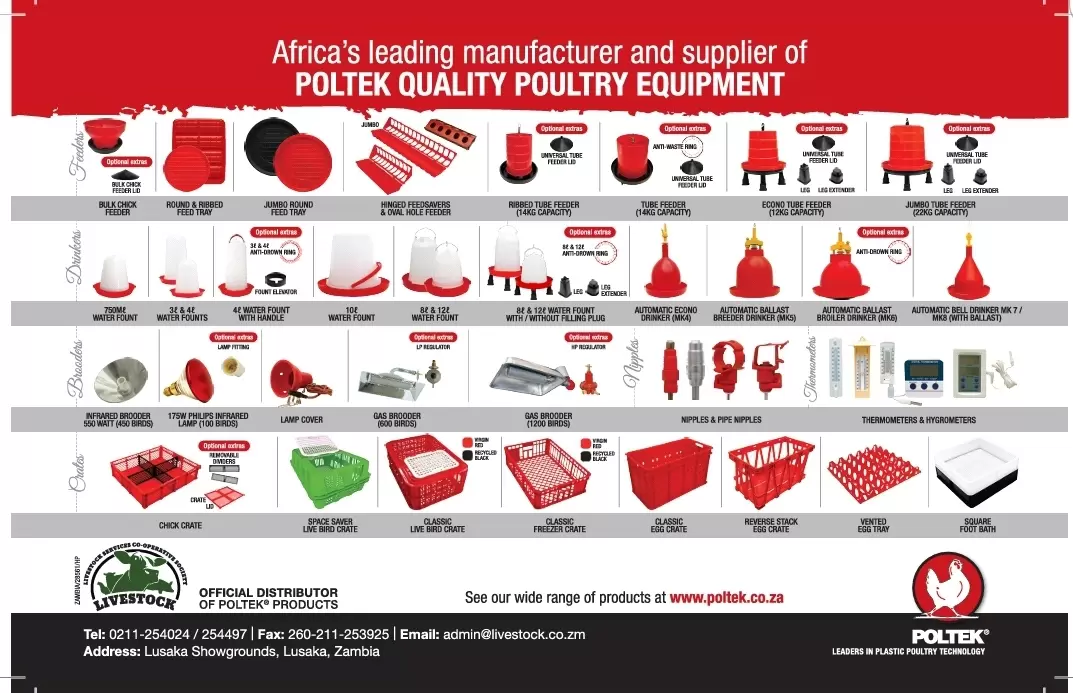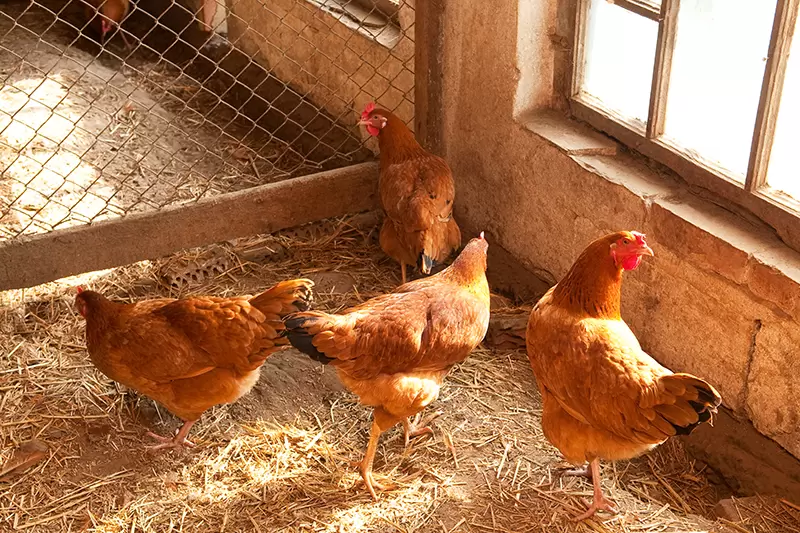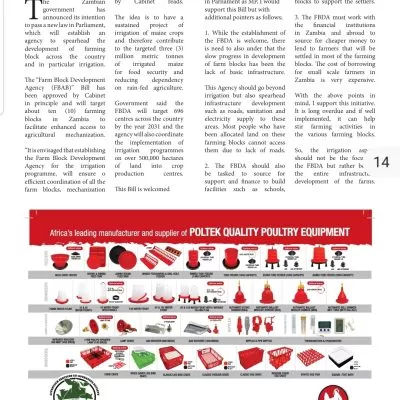By Hybrid.
Lusaka, March, 2025 – THE most important factor in keeping poultry healthy is maintaining good hygiene.
To effectively care for poultry in Zambia, prioritize a clean and comfortable environment, ensure access to a balanced diet with fresh water, implement good hygiene practices, and conduct regular health checks, including vaccinations and seeking veterinary care when needed.
Healthy parents and hygienic hatchery conditions contribute greatly to disease-free chicks. Farm sanitation means choosing a good disinfectant and effective cleaning. Disinfectants will be inactivated by organic material.

Day-old chicks must be handled with care.
A flock that gets off to a good start is easier to control. It has a higher body weight at the start of the rearing process, is more uniform in size, has a better health status and reaches genetic potential more easily.
There are a number of basic things for you to bear in mind.
Before chicks arrive, check that everything in the house is working properly: right temperature, there is enough fresh air coming in, feed and water and there is enough light.
Rearing&Feeding
Feed is the greatest expense in commercial poultry establishments, so it is important to buy feed from a reputable miller who can assure consistency in quality, and consequent flock performance.
It is important to avoid mixing feeds from several millers, or adding other protein sources such as fish meal and mineral salts (DCP), as this changes the balance in the feed, thereby affecting performance.
An excess of some of these products also negatively affects the taste of the final product, for example, more than 5% fish meal in feed gives rise to a fishy tinge in both eggs and meat.
To start a flock, feeder lids or plastic feeder trays – one per every hundred (100) chicks -should be used. The feed can also be spread on paper placed over the litter. Gradually remove the feeder lids or trays, replacing them with the adult feeders.
For more download the Magazine:





